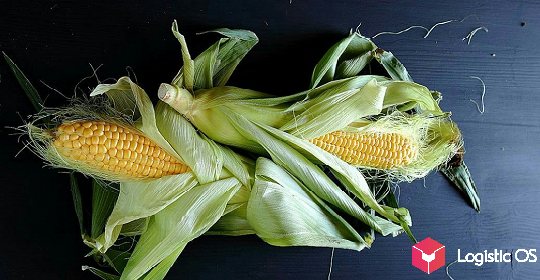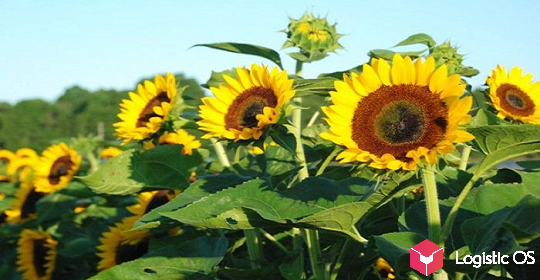Chinese scientists plan to soon begin conducting experiments with potatoes that were in space for 5 months.
The method in which breeders send seed material into space has been known for a long time and is widely used in China.
For example, there have already been similar experiments with rice and wheat. The essence of the method is that due to the effects of cosmic radiation, gravity and other factors, beneficial mutations can occur.
In particular, it is planned that this can give potatoes such properties as early ripeness, high yield, resistance to pests and diseases, and resistance to acids and alkalis.
60 thousand potato seeds have been in space. Now Chinese scientists are planning to select from among them those that could acquire some special properties during space tests.
To do this, it is assumed that the seeds will first be grown in a greenhouse, then in pots, and then planted in the field.
The Shangdu region was selected for on-ground testing. It is considered one of the most favorable for such purposes due to a combination of several factors: high location above sea level, low number of pests, cold climate.
“The space environment can cause genetic mutations in plant seeds, resulting in desirable qualities such as early ripeness, high quality, high yield and disease resistance,” said Zhang Linhai, director of Shangdu Potato Technology Innovation Center.
Potato breeding will help solve China’s food security problem
In their work, scientists from China widely use the most modern technologies, such as gene editing. This approach makes it possible to create a large number of potato varieties with improved properties.
At the same time, China is betting heavily on potatoes in terms of food security.
Compared to many other crops, such as rice, potatoes consume significantly less water and are easily adapted to different regions of the country.
It is noted that due to the characteristics of the potato genome and its reproduction (through tubers and seeds), the selection process is longer compared to other plants.
That is why Chinese scientists are interested in developing varieties with an optimal set of characteristics that could subsequently be actively used for a long time and provide farmers with high yields with a minimum amount of effort on their part.

